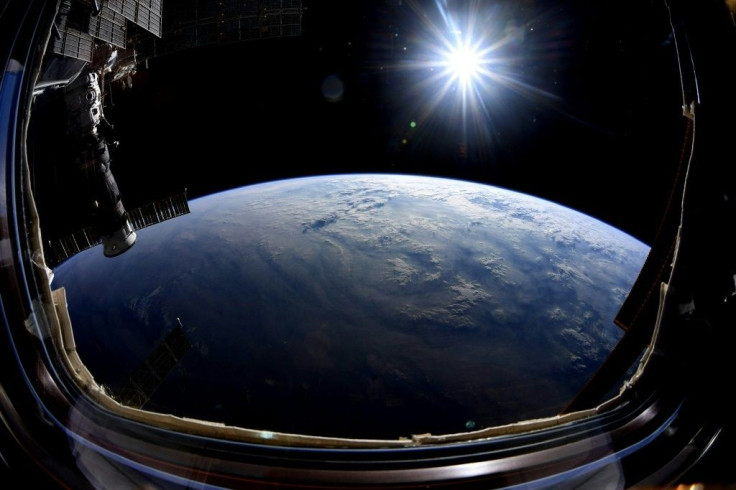Record-Setting ISS Astronauts Returning To Earth In Historic Homecoming
KEY POINTS
- NASA's Koch, ESA's Parmitano and Roscosmos's Skvortsov are scheduled to leave the ISS
- The three astronauts are setting records upon their homecoming
- Once they leave, Expedition 62 at the ISS will formally begin
NASA astronaut Christina Koch, along with the European Space Agency’s (ESA) Luca Parmitano and Roscosmos’s Alexander Skvortsov, is scheduled to finally come home on Thursday, Feb. 6. The three are set to depart the International Space Station (ISS) aboard a Soyuz spacecraft and make a parachute-assisted landing at 4:14 a.m. EST (3:13 p.m. Kazakhstan time) southeast of Dzhezkazgan, Kazakhstan.
After they land, the three astronauts will undergo preliminary medical evaluations, then, they will go to the recovery staging city in Karaganda, Kzakhstan. From there, Koch and Parmitano will ride a NASA plane to Cologne, Germany where ESA officials will greet Parmitano while Koch will head home to Houston. As for Skvortsov, he will take a Gagarin Cosmonaut Training Center aircraft to return home to Star City, Russia.
Live coverage of the astronauts’ return will begin at 9 p.m. EST on Feb. 5, while landing coverage will begin at 3 a.m. Both can be watched live via NASA Television and the agency's website.
The moment that the three astronauts undock at the station on Feb. 6, Expedition 62 formally begins at the ISS. NASA astronauts Jessica Meir and Andrew Morgan will serve as flight engineers while Oleg Skripochka of Roscosmos will serve as the station commander, a post currently held by Parmitano.
Record-Setting Astronauts
Aside from being a part of the first ever all-female spacewalk, Koch will be returning to Earth as the astronaut who has spent more time in space than any other woman, a record previously held by Peggy Whitson. Upon landing, she will also become the astronaut to have completed the second longest single spaceflight by a U.S. astronaut after Scott Kelly whose record is 340 days in space.
This places her in seventh place in the list of American space travelers who spent the most time in space. Her extended mission will help NASA determine the possible effects of long-term spaceflight on women in preparation for the Artemis program.
Parmitano and Skvortsov's landings are also historic, as both astronauts will be setting records of their own. Parmitano, who is completing his second mission, will have logged 367 days in space, making him the ESA astronaut who has spent more time in space than any other ESA astronaut in history.
Skvortsov, on the other hand, is completing his third mission, logging in a total of 546 days in space. This puts him on the 15th place on the list of all-time spaceflight endurance.
As of 2019, the record holder for longest single human spaceflight is Russian cosmonaut Valery Polyakov, who spent 438 consecutive days aboard the Mir space station from 1994 to 1995. Koch now holds the record for women. As for the shortest human spaceflight, the title belongs to the first American in space, Alan Shepard, whose flight aboard NASA's Freedom 7 vehicle lasted just 15 minutes on May 5, 1961.

© Copyright IBTimes 2025. All rights reserved.





















